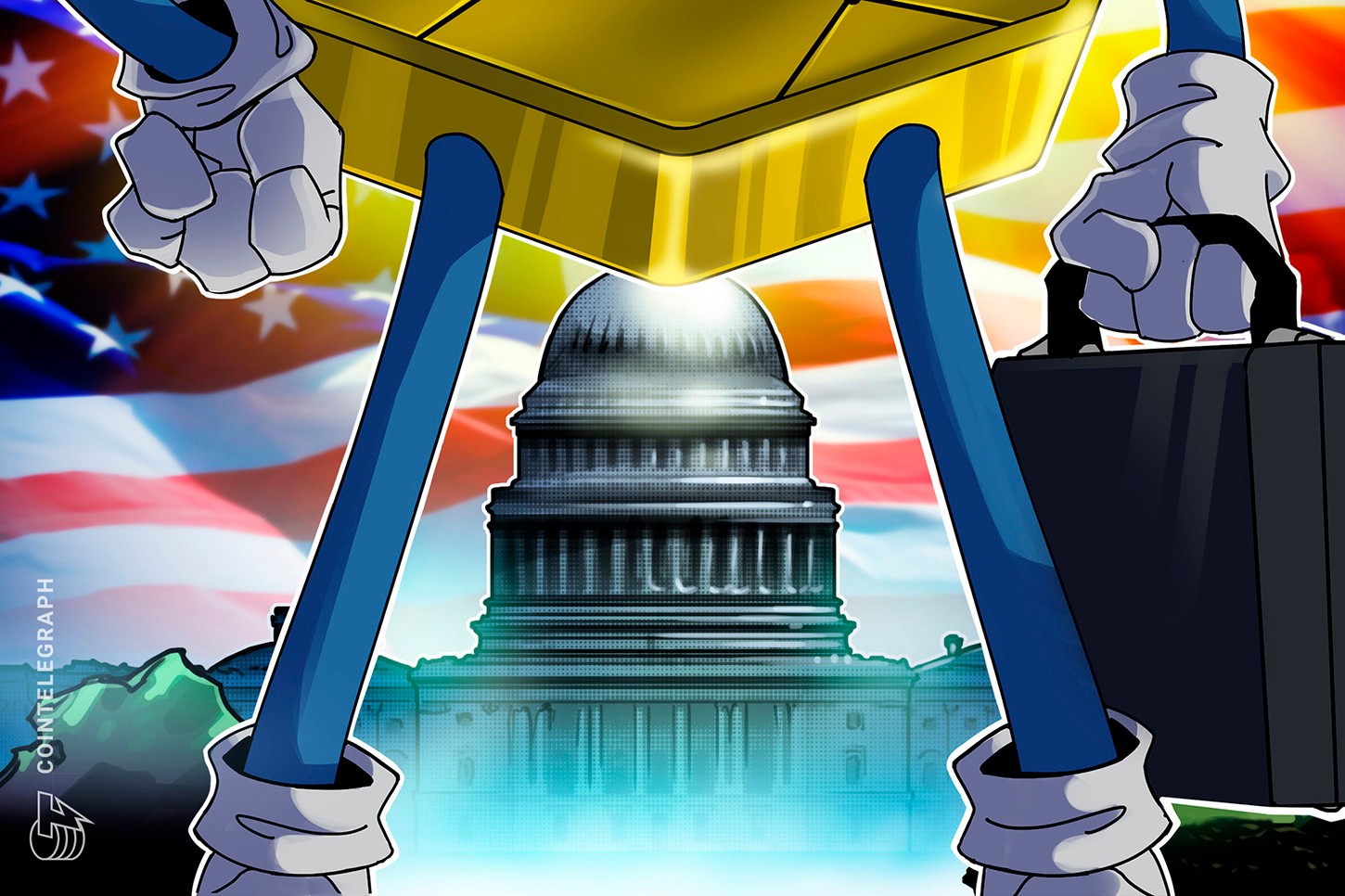US Representative Bryan Steil wants lawmakers to stop adding “non-germane items” into two key crypto bills, claiming that doing so is slowing the implementation of a regulatory framework for the industry.
“Individuals, when they see legislation that’s going to move forward, want to attach non-germane items to any bill that’s going to move through and be signed into law,” Steil, a Republican from Wisconsin who chairs the House Financial Services Subcommittee on crypto, told Cointelegraph at the Bitcoin 2025 conference in Las Vegas on May 27.
“We have to restrain ourselves from that instinct and attempt by our colleagues — both sides of the aisle,” he added.
Congress’s biggest crypto backers hope to pass the stablecoin-regulating Guiding and Establishing National Innovation for US Stablecoins Act, or GENIUS Act, and a crypto market structure bill before a month-long August recess.
Democratic lawmakers had pulled support for the GENIUS Act on May 8, citing concerns about US President Donald Trump’s crypto ventures potentially conflicting with his presidential duties
Stable Coin and Market Structure legislation will unlock the golden age of digital assets. pic.twitter.com/lSbX5p2Wqt
— Bryan Steil (@RepBryanSteil) May 27, 2025
While the GENIUS Act eventually moved forward in the Senate with a May 20 procedural vote, Steil said the concerns related to Trump aren’t relevant to the bills themselves.
“They’re not germane to the legislative text. The legislative text is focused on putting forward a regulatory framework in which we can enforce actions to strengthen this broader market, in particular to the benefit of American consumers and innovation and development here.”
Democratic Senator Marker Warner voiced a similar sentiment before the GENIUS Act passed on May 19, stating that the US couldn’t “afford to keep standing on the sidelines” while the crypto industry evolves.
“We cannot allow that corruption to blind us to the broader reality: blockchain technology is here to stay,” Warner said. “If American lawmakers don’t shape it, others will — and not in ways that serve our interests or democratic values.”
Steil credits Democrats
Steil acknowledged that Democratic lawmakers have made an effort to better understand the crypto industry’s gripes with how the Biden administration handled regulation and enforcement of the sector.
He said the political landscape and nature of crypto-related negotiations “looked a little different,” but over 70 Democrats in the last Congress signaled the need for clear crypto rules when the Financial Innovation and Technology for the 21st Century Act (FIT21) passed the House in May 2024.
Related: Trump supports bill to buy 1 million BTC — Senator Lummis
“I think that was a great practice run,” said Steil.
The FIT21 Act wasn’t enacted before the end of the last Congress However, House Agricultural and Financial Services Committee chairs Glenn Thompson and French Hill introduced a new crypto market structure bill on May 5 that aims to build on FIT21.
If lawmakers pass those bills, they will have the opportunity to explore a lot of other “interesting, creative ideas” in the space, Steil said.
Magazine: TradFi is building Ethereum L2s to tokenize trillions in RWAs: Inside story
Additional reporting by Turner Wright


